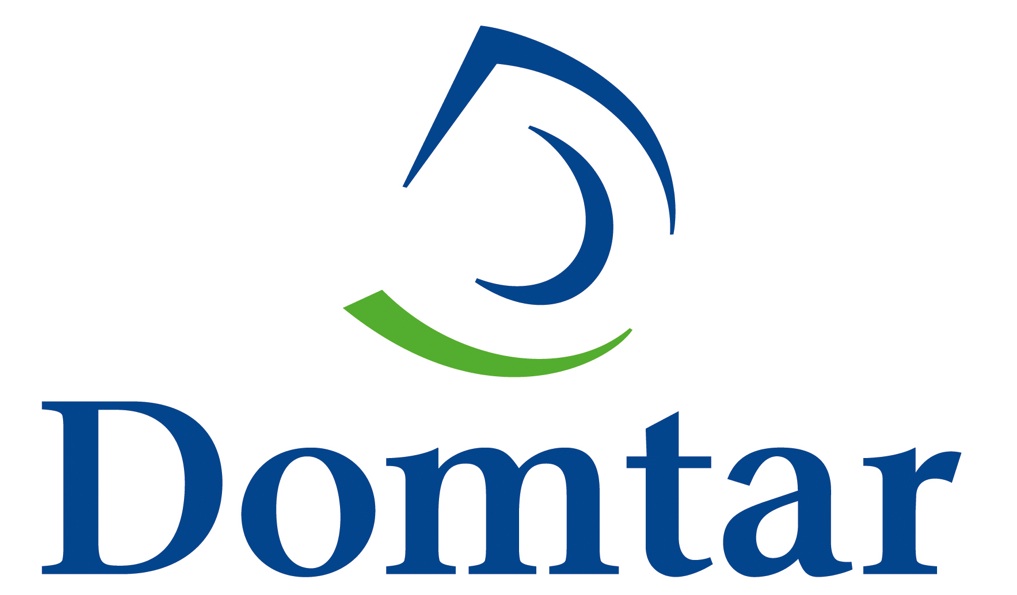Spoiler Alert: Consumers Still Prefer Paper Communications

January 31, 2017 /3BL Media/ - Advances in technology and increasing environmental awareness are spurring more companies to go paperless with their communications. Whether it’s billing or information sharing, businesses view — and often promote — paper-free outreach as a more sustainable option.
But such claims are often inaccurate and misleading. A new survey commissioned by longtime Domtar partner Two Sides North America and conducted by leading international research firm Toluna shows that a majority of Americans want to retain the choice for a paper option rather than be forced into digital-only communications.
Study Points to Paper
The research found that consumers are suspicious of companies that push paperless communication: 85 percent of the more than 2,000 American respondents said they think businesses promote paperless campaigns for cost savings, not environmental stewardship as advertised. Fifty-seven percent of respondents questioned the truthfulness of such green campaigns. And a majority said they prefer paper communications over electronic-only messages.
Forcing paperless correspondence also places undue hardship on millions of Americans without reliable internet access: 49 percent of survey participants did not have reliable internet access. Eighty percent of participants said they wanted to receive paper communication because of a sense of increased safety and permanence over electronic documents, especially when it comes to money management.
For years, Domtar and Two Sides have worked to dispel myths about paper production and to educate businesses and consumers about the earth-friendliness of paper. As Two Sides notes, U.S. forests have grown 3 percent in area and 58 percent in wood volume over the past 60 years. Paper is also among the most recycled products on the planet, with a 66 percent recovery rate in 2015.
“Paper is indeed a sustainable product,” said Bill Koehn, vice president of communication for Paper Sales and Commercial Printing Papers Sales at Domtar and a previous chairman of Two Sides North America. “Through our work with Two Sides, we have helped educate customers, business partners and the general public about the great environmental story that print and paper have to tell.”
The work seems to be gaining traction. Eighty percent of survey respondents agree that it is environmentally acceptable to use trees to produce construction materials and paper when doing so is responsibly managed. And 91 percent of participants agree that when it’s responsibly produced, used and recycled, print and paper are sustainable ways to communicate.
While technology evolves, consumer preferences don’t always follow, and most Americans agree that paper communication is both a trusted and responsible option for ongoing information sharing.

